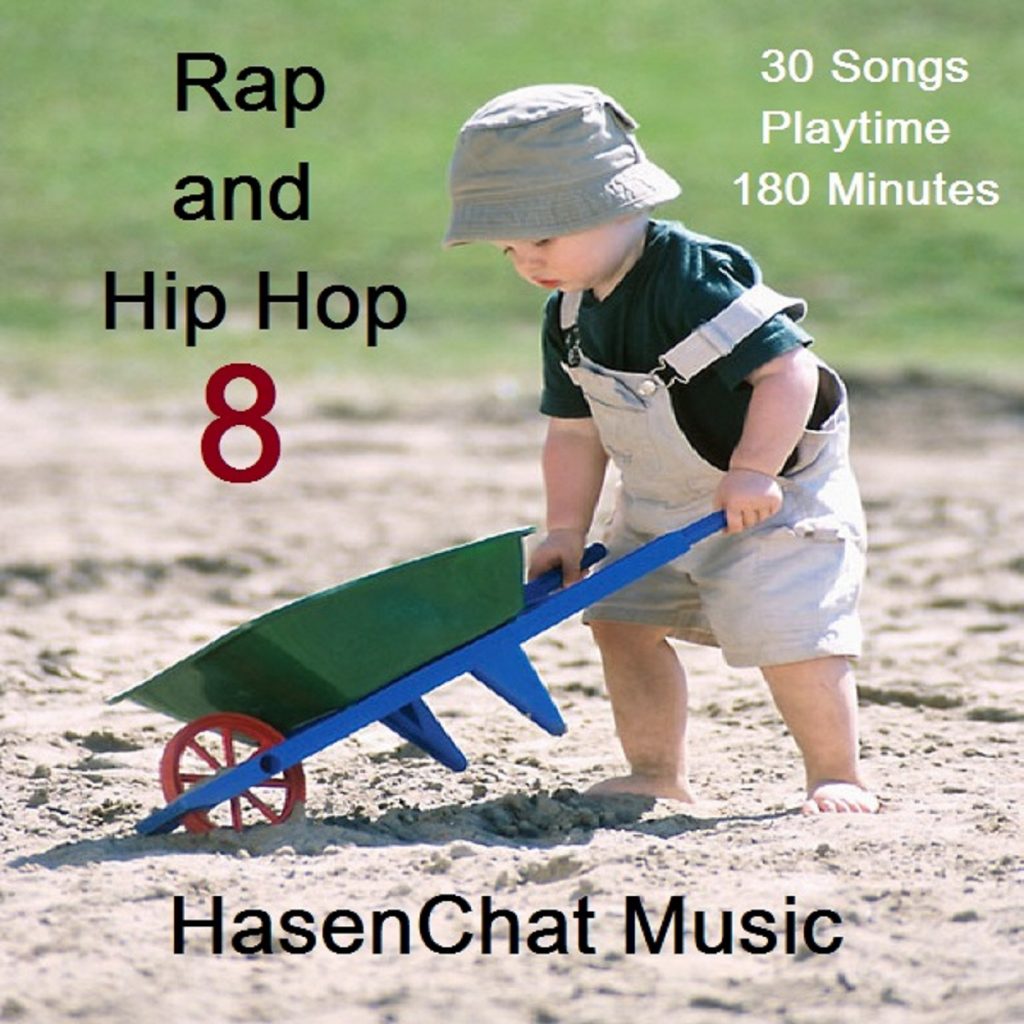
Rap and hip-hop have established a strong presence in Spain’s music scene, with a thriving community of artists who create rap and hip-hop music in both Spanish and Catalan. Here are some key points about rap and hip-hop in Spain:
1. Emergence and Growth:
- Rap and hip-hop emerged in Spain during the late 1980s and early 1990s, primarily influenced by American rap music. The genre gained popularity among Spanish youth and has since grown significantly.
2. Bilingual Rap:
- Spanish rap often blends both Spanish and English lyrics, allowing artists to reach a broader audience. Some artists mix languages within a single song.
3. Regional Scenes:
- Spain has several regional rap scenes, with artists from cities like Madrid, Barcelona, Seville, and Valencia contributing to the diversity of the genre. Each region has its unique style and influences.
4. Multilingual Rap:
- Catalonia, a region with its own language (Catalan), has a thriving rap scene, and many Catalan rap artists rap in Catalan. This adds a multilingual dimension to Spain’s hip-hop culture.
5. Lyrical Content:
- Spanish rap often addresses social and political issues, as well as personal experiences, making it a platform for social commentary and self-expression.
6. Influential Artists:
- Several Spanish rap and hip-hop artists have achieved national and international recognition. Notable artists include Kase.O, Nach, SFDK, Mala Rodríguez, Natos y Waor, and many others.
7. Freestyle Battles:
- Freestyle rap battles and competitions are popular in Spain, drawing large audiences and fostering a competitive and creative rap culture.
8. Urban Culture:
- Rap and hip-hop in Spain are closely associated with urban culture, including graffiti art, street fashion, and dance styles like breakdancing.
9. Festival Circuit:
– Spain hosts rap and hip-hop festivals, such as «Viña Rock,» «Festival Internacional de Benicàssim (FIB),» and «Hipnotik Festival,» which feature a lineup of national and international rap acts.
10. Online Platforms:
– Online platforms and social media play a significant role in promoting Spanish rap and hip-hop, allowing independent artists to share their music and build a fan base.
Spanish rap and hip-hop have become a powerful means of self-expression and social commentary in the country. Artists continue to push the boundaries of the genre and explore new themes, making Spanish rap a dynamic and evolving musical movement.